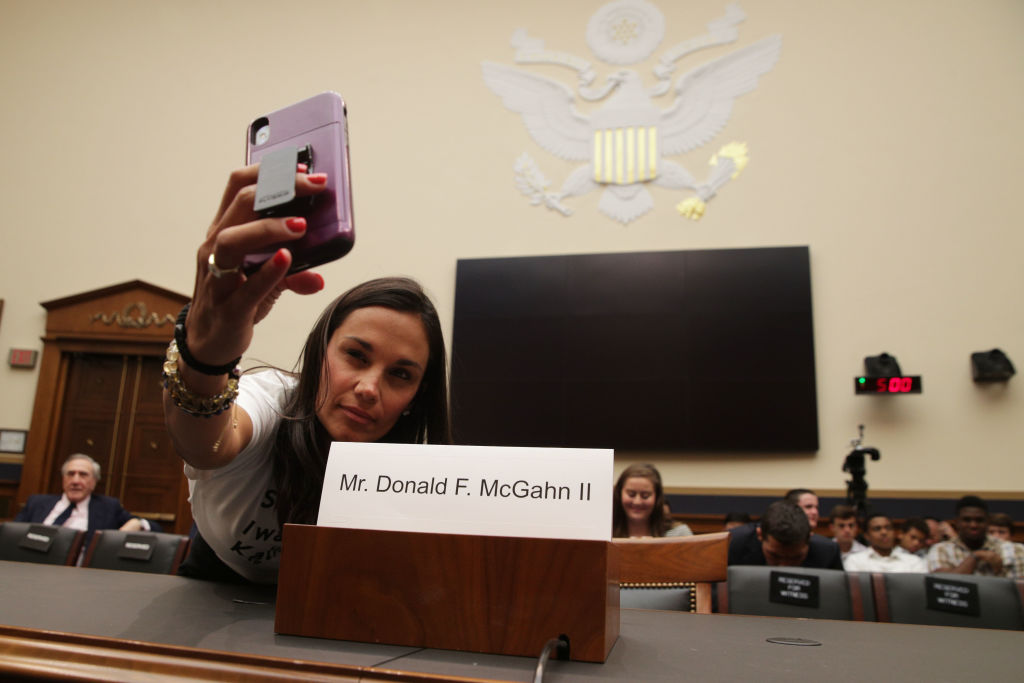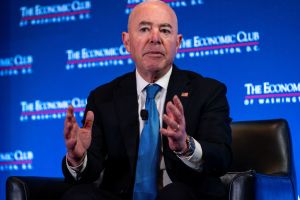Inquiring minds want to know: should Nancy Pelosi, who has hitherto prudently fended off calls from her left flank for impeaching Trump, adopt the lesser tack of launching an impeachment inquiry? Progressives want progress, which is to say they’re intent on ousting Trump from office by any means necessary. Their thinking is that starting an inquiry may not be tantamount to impeachment, but will help erode Trump’s defiance of Congress, thereby allowing it to inform the public of his various transgressions.
Trump has instructed his former White House counsel Donald F. McGahn II not to meet Congress, an edict he obeyed this morning to the vexation of Jerry Nadler, the head of the House Judiciary Committee. About a week ago Trump indicated that he was ‘never a big fan’ of McGahn, but perhaps he’s softening his verdict.
Nadler is accusing Trump of witness intimidation, but in the case of Special Counsel Robert Mueller that doesn’t seem to be the case. Mueller simply wants to remain simon-pure, allowing his report to speak for itself. Today, Nadler issued two more subpoenas, one to Hope Hicks, the other to Annie Donaldson. The latter apparently confided to her diary (can you do anything other than confide?), ‘is this the beginning of the end?’ But they too may well refuse to comply with their respective subpoenas. The Washington Post delicately describes Donaldson as ‘proud of her work helping to implement a conservative agenda, but stung by her experience in Washington.’ She’s apt to continue to feel the sting of disapproval from Democrats. She may no longer be interested in Washington, but Washington is interested in her.
Meanwhile, Trump continues to battle away on other fronts. He suffered a setback when D.C. federal judge Amit Mehta declared that Trump’s claim of immunity to oversight about his finances is ‘simply not fathomable.’ His fight to prevent Congress from scrutinizing his financial records lodged at the accounting firm Mazars is headed on appeal to the D.C. Circuit Court of Appeals, which is headed by none other than Merrick Garland, who was nominated to the Supreme Court by President Obama in 2016, only to fail to get a hearing. Whether Garland will be one of the judges hearing Trump’s case, however, is unclear.
Still, Trump may be thinking too small in merely defying Congress. He might take a leaf from Israeli Prime Minister Benjamin Netanyahu whose supporters are pushing an ‘immunity bill’ that would shield any member of the Knesset from being charged with a criminal offense unless both a house committee and the whole parliament decide to waive immunity. Trump could give a similar bill a lofty name such as the ‘Protecting the Presidency Act.’ If this principle of blanket immunity were to be applied to both the presidency and Congress, it could transform them a refuge for criminals. Which, of course, is what many Democrats appear to believe the White House has already become.


















